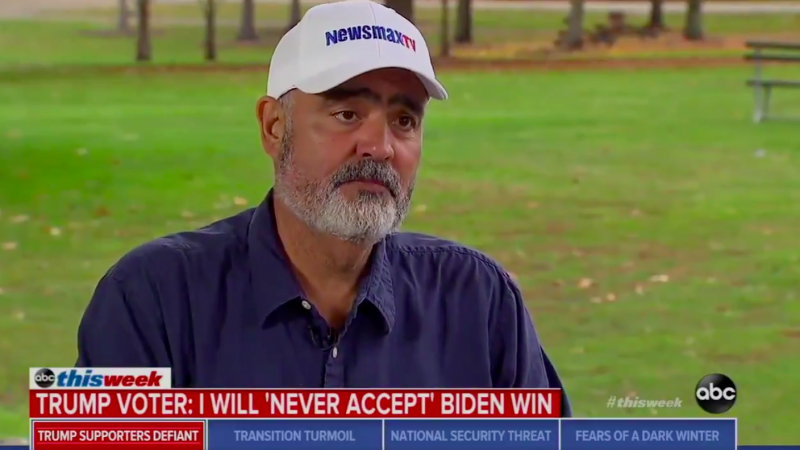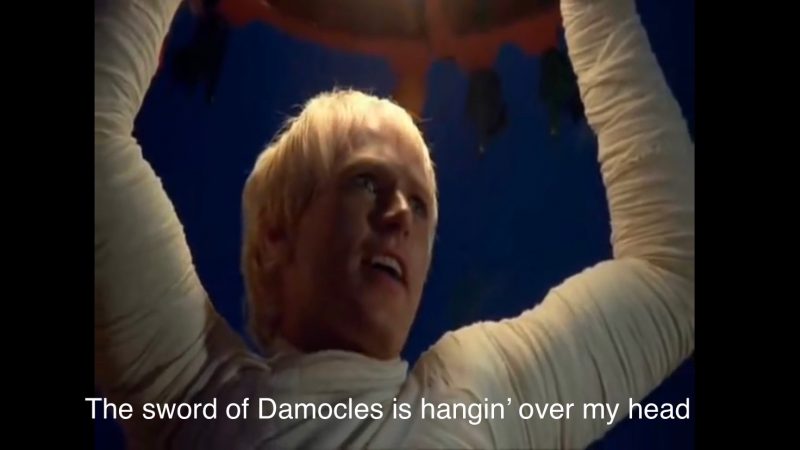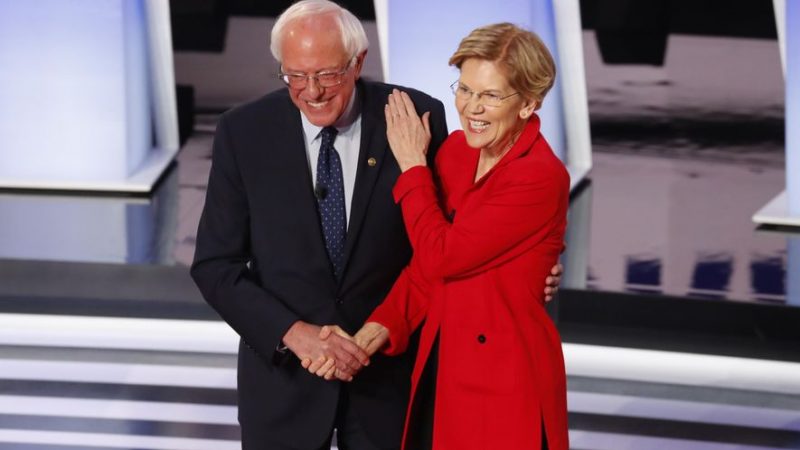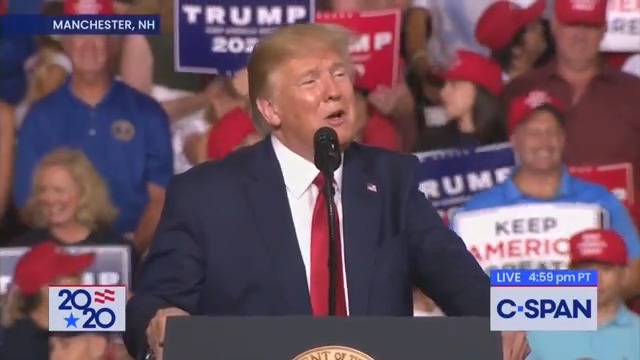Conservatives Make Kyle Kashuv the Real Victim of Kyle Kashuv’s Racism
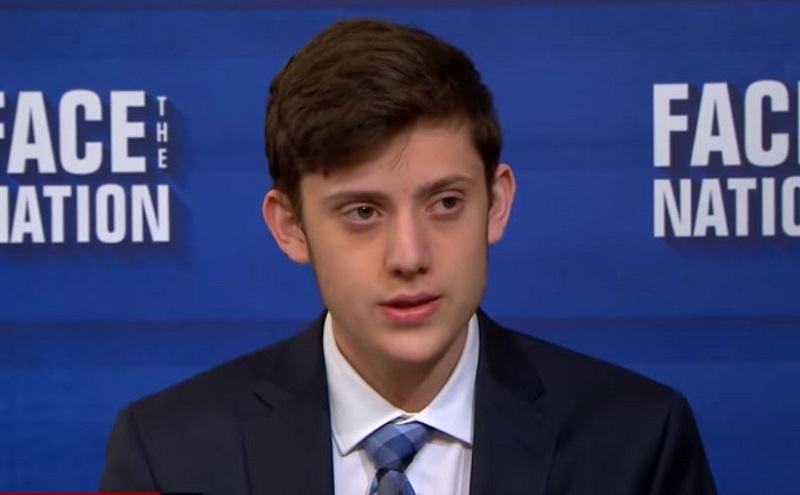
Faced with a white kid suffering consequences for using the n-word with abandon, American conservatives know just who to excoriate over the injustice. Would you be surprised to know that it is not the white kid? Of course you would not.
Which is why are now on Day Two of the right-wing screeching over Harvard revoking its acceptance of Kyle Kashuv after the publication of racist comments he made in a private online chat with fellow high school students almost two years ago.
Kashuv is a survivor of last year’s mass shooting at Marjory Stoneman Douglas High School in Parkland, Florida. A conservative, he went onto minor fame on the right for rejecting his classmates’ calls for gun control. This led to appearances on Fox News, a position with conservative student group Turning Point USA, and an Oval Office meeting with President Trump.
Then transcripts of the online chats emerged showing Kashuv making racist statements, particularly repeated and vigorous use of the n-word. The comments came to light mere days after he suddenly stepped down him his position with Turning Point USA. On Monday he announced that Harvard has rescinded his admission as well. The school’s dean of admissions, William Fitzsimmons, told Kashuv that the school “takes seriously the qualities of maturity and moral character” in making such decisions. Kashuv, having been found wanting in those areas, will now have to find another college to attend.
The reaction from the right was swift. David Brooks, who has made it his life’s work to opine about the state of America’s moral character, needed only a few hours to pound out his obligatory “Are we not all moral sinners deserving of redemption” column, which he probably had stored as a Microsoft Word macro. Over at Reason, Robby Soave bemoaned “the online mobs of cancel culture” are giving Twitter bullies “exactly what they want” by getting Kashuv de-admitted. Ben Shapiro called Harvard’s action a sign that “our colleges are irreparably broken.” David French at National Review complained that “the secular institutions of the cultural elite” have become “increasingly vindictive.”
And on and on and on.
The undercurrent of all these complaints was that Kashuv was targeted for his conservative beliefs. Or, as French put it, “the attack on Kyle isn’t about making Harvard safe from racists. It’s not about protecting anyone. It’s about politics.”
But making this about Kashuv’s politics is a dodge for two reasons. First, it ignores the fact that such action is not out of character for Harvard. Just two years ago, the college rescinded the acceptances of ten students who had made offensive comments, including racist ones, in a private Facebook chat.
Second, the dodge allows these overwhelmingly white defenders of Kashuv’s honor to avoid wrestling with a very simple question: why should Harvard’s minority community have to accept his presence in their midst?
No, instead nearly every inch of column space by these writers is devoted to all the ways Kashuv is being victimized. Nary a thought is spared for whether any African-American students at Harvard might be uncomfortable or angry that his blatant racism would not have consequences if he still got to attend. Nary a consideration is given to African-American professors who will be required to overlook Kashuv’s comments when he is sitting in their classes.
Instead, it is implicitly assumed that the burdens and emotional labor of forgiveness will fall on the shoulders of the minority community at Harvard, while Kyle Kashuv waltzes in as if admittance to an Ivy League school is his birthright.
Now, perhaps minorities at Harvard would have been fine with Kashuv’s presence on campus. Perhaps no one would have cared. Harvard has a policy of not commenting on such cases. Maybe the only principle involved here was that Kashuv was taking a gap year and wouldn’t be matriculating until the fall of 2020, so Harvard simply weighed taking the public relations hit of dropping him now versus spending the next year defending his impending enrollment and decided the latter wasn’t worth the headache.
The point is that I do not know, and neither do the white knights (pun intended) of the right who leapt to their keyboards to tsk tsk at the cultural elites who, in Brooks’s formulation, did not allow for “mercy and rigorous forgiveness” of Kashuv. That Brooks and his ilk seem to assume the bestowing of such mercy was as much Kashuv’s right as his Harvard acceptance in the first place is their own moral blind spot.

